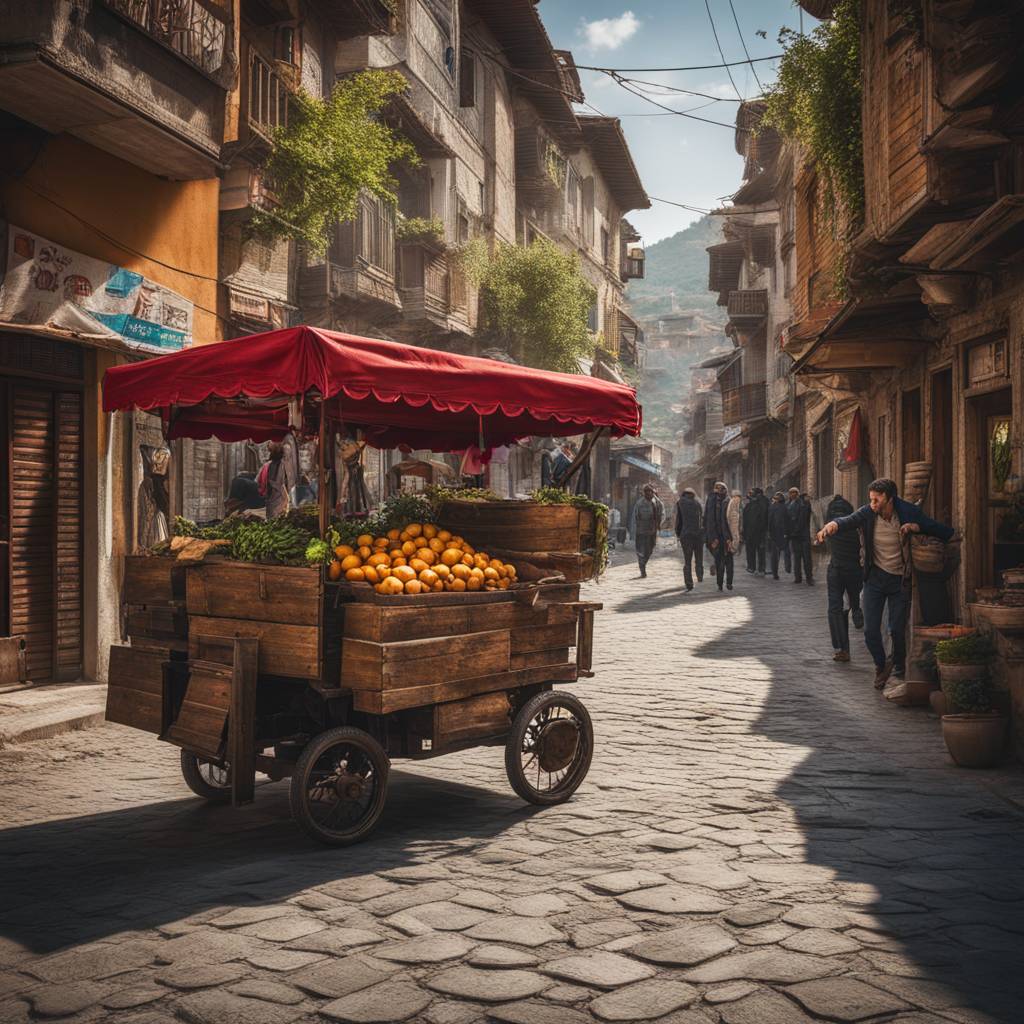In the recent local elections in Turkey, the pro-Kurdish political party, Equality and Democracy Party (DEM), achieved significant victories in several municipalities in predominantly Kurdish regions. However, the newly elected mayor of Van, Abdullah Zeydan, was denied the right to hold office by Turkey’s electoral authorities. Zeydan, who won 55% of the votes, was replaced by the runner-up candidate from President Recep Tayyip Erdoğan’s ruling party, Justice and Development Party (AKP), Abdullah Arvas. The decision to revoke Zeydan’s mandate caused condemnation and sparked street protests in Van.
The electoral authority cited a last-minute court decision as the reason for revoking Zeydan’s mandate, stating that a previous court ruling allowing him to run for office had been reversed. Zeydan, a member of DEM who had spent time in prison, plans to appeal the decision. The main opposition center-left Republican People’s Party (CHP) also expressed disapproval of the move and sent a delegation to Van in support of Zeydan. The decision to replace Zeydan with Arvas, who received 27% of the votes, has raised concerns about democratic processes and the targeting of pro-Kurdish politicians in Turkey.
Despite the setback in Van, DEM also won municipalities in nine provinces in Turkey’s predominantly Kurdish-populated southeast. This success comes after years of repression and thousands of political activists being arrested in the region. Erdoğan’s government has a history of removing elected pro-Kurdish mayors over alleged links to Kurdish militants and replacing them with state-appointed trustees. The denial of Zeydan’s mandate and the subsequent protest in Van highlight the ongoing tensions between the Kurdish population and the Turkish government.
The local elections were seen as a blow to President Erdoğan and his ruling AKP, as the main opposition party retained control of major cities like Istanbul and Ankara, while making gains in other urban areas. Despite the overall success of the opposition, the replacement of Zeydan in Van demonstrates the challenges faced by pro-Kurdish politicians in Turkey’s political landscape. The decision also raises questions about the fairness of the electoral process and the targeting of specific political parties by the government.
The situation in Van reflects the broader political climate in Turkey, where tensions between different ethnic and political groups continue to play out in local and national elections. Protests against the denial of Zeydan’s mandate show the level of discontent and frustration among Kurds and their supporters in the region. The outcome of the local elections highlights the complexity of Turkey’s political dynamics and the ongoing struggle for representation and recognition of marginalized communities like the Kurds. The international community will be watching closely to see how the situation unfolds and whether democratic principles are upheld in the face of political challenges.


